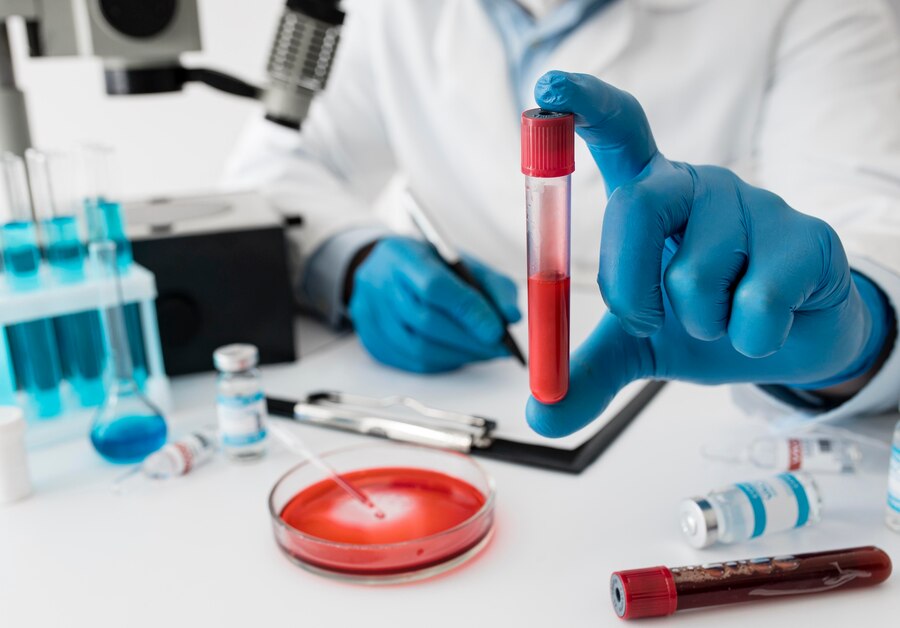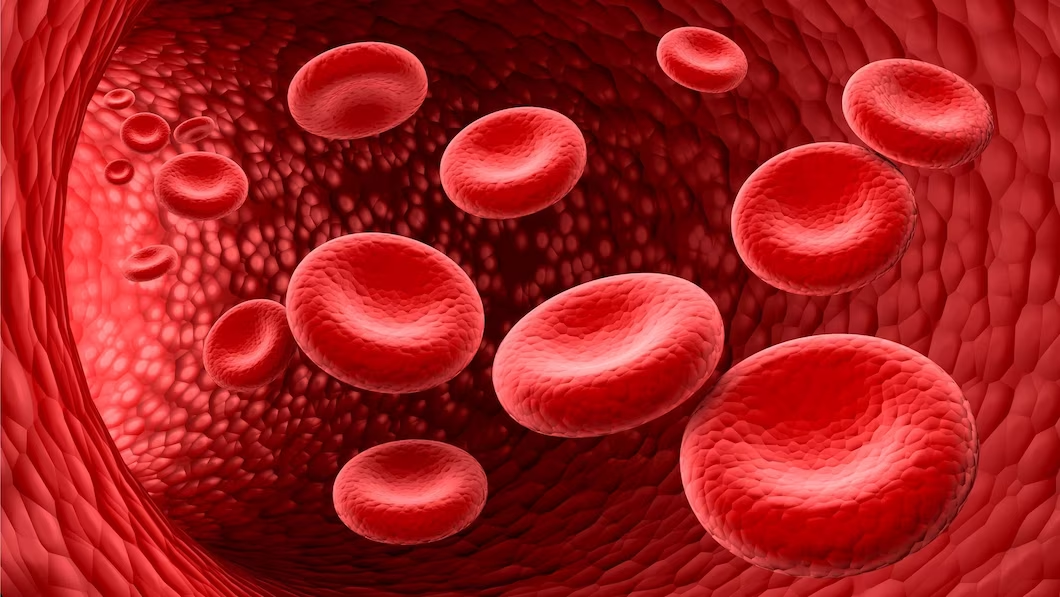Thalassemia, a genetic blood disorder characterized by abnormal hemoglobin production, has long been a significant health concern in India. However, recent advancements in medical science have ushered in a new era of hope for patients suffering from this condition. Today we will explore the challenges faced by thalassemia patients in India and highlight the cutting-edge treatments that now exist to transform their lives.

Challenges related to Thalassemia
Dr. Rahul Bhargava, BMT specialist at Fortis Hospital Gurugram, said that Thalassemia is an inherited blood disorder that reduces the ability to produce hemoglobin in the body. Oxygen is carried in red blood cells through proteins. People who are suffering from this disease may have to face anemia, fatigue and other problems in daily life.
In India, one of the major challenges faced by thalassemia patients is limited access to advanced treatment. The high prevalence of this problem, especially in areas with high consanguinity rates, places a high burden on healthcare resources. Many patients struggle to access adequate medical care, including necessary blood transfusions and specialized treatment.
Apart from this, due to lack of money, many people and their families feel problems regarding treatment. The cost of regular blood transfusions, iron chelation therapy and many other supportive measures can be quite high.

New treatments related to thalassemia
Dr. Rahul Bhargava said that despite the challenges, measures are being taken regarding Thalassemia in which many new methods of treatment are no less than a breakthrough. In this, gene therapy is a revolutionary approach through which the root of this disease can be reached which works to correct the genetic mutation, many good results have been seen by adopting this method. Through clinical trials and early treatment, the need for lifelong blood transfusion can be reduced.
Apart from this, due to the development of stem cell transplantation techniques, the number of potential donors has increased and the success rate has also improved. More and more Thalassemia patients benefited from this. Earlier such treatments were considered rare and dangerous. Also, good results can be obtained through gene therapy. Even though challenges will remain ahead, expectations have increased due to advanced treatment.
(PC: Freepik)










